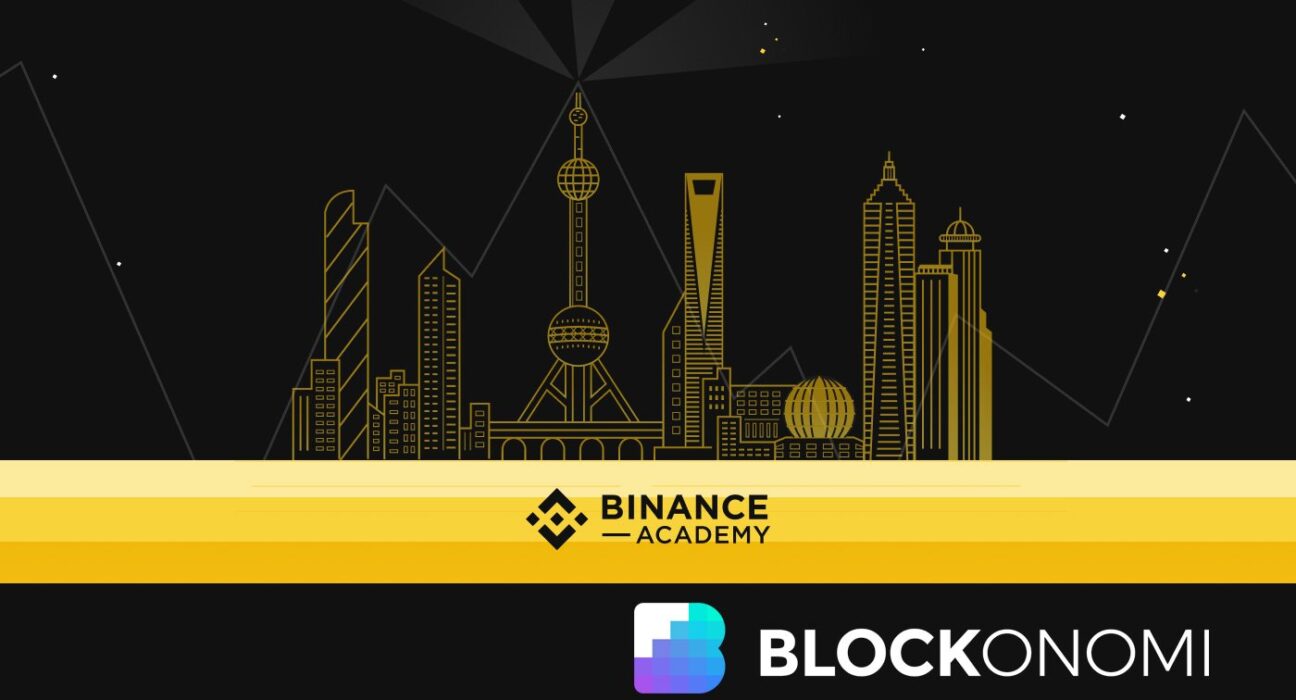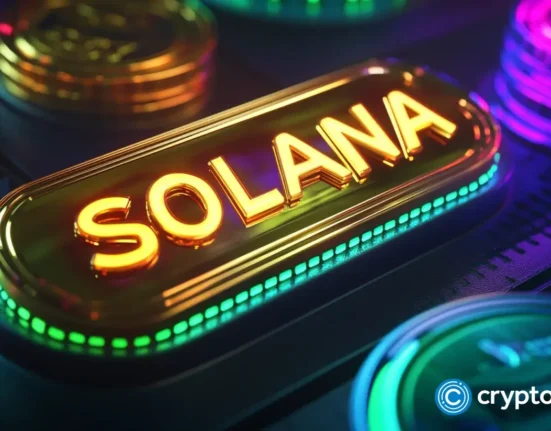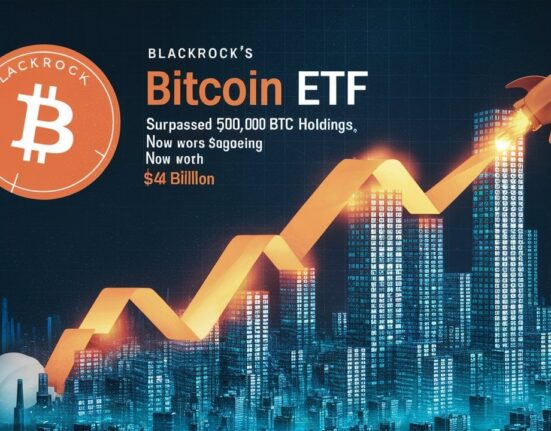Cryptocurrency exchange heavyweight Binance has launched the Lingang Research Institute in China as part of efforts to foster wider blockchain adoption and encourage emerging developments in the digital assets industry.
Binance Establishes Blockchain Research Institute in Shanghai
According to a press release published on Sunday (March 29, 2020), crypto exchange behemoth Binance has launched a blockchain research institute in China.
Back in August 2018, the exchange launched the beta version of its non-profit educational arm dubbed Binance Academy to facilitate research into the emerging field of blockchain technology.
As China is currently chasing its own central bank digital currency (CBDC) and has established itself as a hotbed for decentralized ledger technology (DLT) development in recent months, Binance Academy has now launched the Lingang Blockchain Technology and Industry Research Institute in Shanghai.
According to the announcement, the institute will also be known as the Lingang Research Institute and will operate as a hub for DLT enthusiasts interested in fostering breakthroughs within the blockchain industry.
Also, efforts from the institute are expected to fast-track the adoption and application of DLT through the utilization of artificial intelligence (AI) and other relevant technologies.
Helen Hai, the lead official of the Binance Charity Foundation (BCF) is also in charge of heading the Lingang Research initiative. Regarding the institutes plans to influence the blockchain industry, Hai remarked:
“In establishing the Lingang Research Institute with our local partners, Binance Academy endeavors to build a leading think tank and research hub that contributes to large-scale developments in blockchain technology to further the growth of the industry.”
Furthermore, Hai pointed out that the institute is committed to contributing to the growth of the crypto industry by leveraging Binance’s blockchain ecosystem and industry resources.
In addition, the Lingang Research Institute has appointed CEO of the Tapscott Group and Co-Founder of the Blockchain Research Institute (BRI), Don Tapscott, as an Honorary Dean. Regarding his appointment, Tapscott said :
“Research, education, and skill development are all critical to moving forward, and we look forward to collaborating with Lingang Blockchain Academy in helping achieve this transformation in China.”
Focus on Research and Real-world Utilization
In recent months, organizations have displayed an increased interest in expanding the width of emerging developments in the digital assets industry by investing in DLT research.
Several crypto-focused firms have partnered with universities and institutes to fund academic programs aimed at delving deep into the potential utilization of blockchain technology in solving real-world problems.
Earlier in February 2020, crypto research and development firm Input Output Hong Kong (IOHK) donated $500,000 in Cardano tokens (ADA) to the University of Wyoming (UW). The donation aimed at providing funds to support the university’s blockchain research activities being carried out in its Advanced Blockchain Research and Development Laboratory.
In another corporation-university pairing, a subsidiary of Chinese IT firm Tencent – the Tencent Financial Academy, teamed up with the University of Hong Kong to expand on research pertaining to DLT utilization in the development of products relevant to the financial industry.
Organizations like the BRI have also made efforts to foster research into blockchain development by partnering with over 60 leading enterprises, academic institutions, and nation-states such as Canada and Argentina.
Blockchain has found its way into academia as well as established itself as a possible solution to modern-day problems. After his appointment as Honorary Dean by the Lingang Research Institute, Executive Chairman of the BRI Don Tapscott pointed out that:
“Blockchain represents the second era of the Internet – the Internet of Value — and can help us build more innovative and productive organizations.”
Across the world, agencies and governments are testing out the possibility of leveraging DLT to optimize processes and operations. As previously reported by Blockonomi, the U.S. Food and Drug Administration (FDA) was considering adopting a blockchain-powered network to aid drug tracking efforts.
Earlier in March 2020, the Russian cybersecurity firm Kaspersky revealed the launch of a DLT-based voting machine geared towards bolstering election transparency and voters security.








